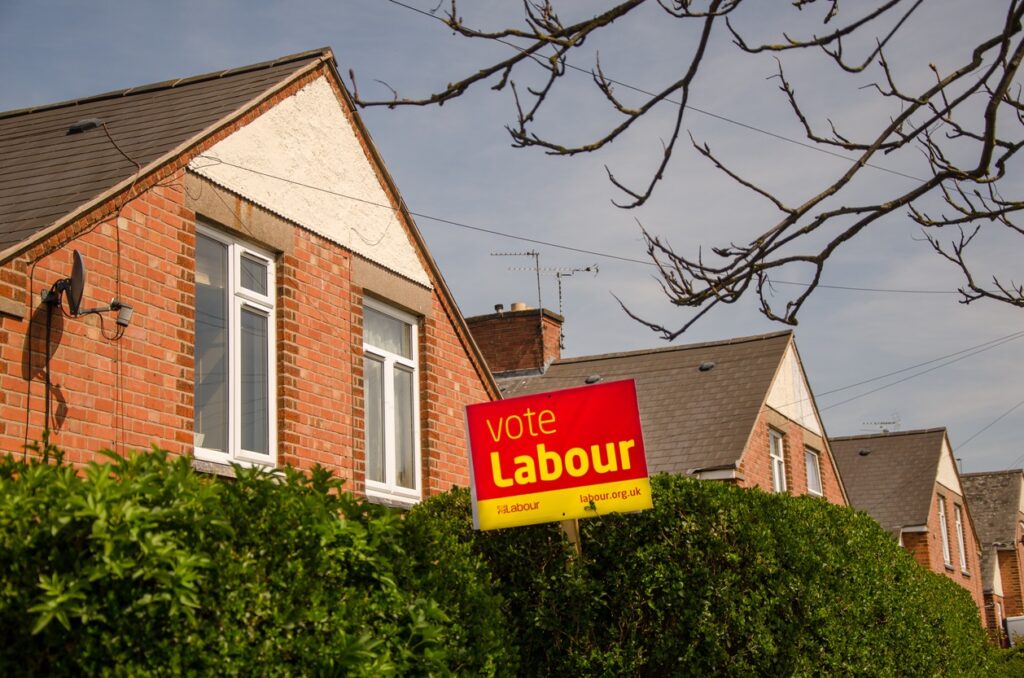Claims of antisemitism in the Labour Party led the Equality and Human Rights Commission to launch an investigation in May 2019. It is still in progress. Details of the investigation are not being disclosed but new evidence has come to light which challenges pre-conceptions and the Commission must examine it seriously. The removal of the taint of antisemitism from the Party is a long overdue priority.
The new evidence is in a widely circulated Labour Party report entitled “The Work of the Labour Party’s Government and Legal Unit 2014- 2019”. The report – 860 pages long – was written by officials of the party on the authority of the General Secretary to assist the EHRC in its investigation. It is apparently in its final form though not “signed off” for transmission to the EHRC. It reviews in detail the handling of complaints of antisemitism and other forms of racism by party officials, claiming to quote extensively from documents. Many of these contain messages and conversations, allegedly between officials, which record violent hostility towards the Corbyn leadership and attempts to undermine it. Messages dated around the time of the 2017 general election suggest that some officials were conspiring to subvert the Labour Party’s own election campaign. If verified, the new evidence could shift criticism of shortcomings in Labour’s response to antisemitism from Jeremy Corbyn to some of his disaffected staff.
It now appears, however, that on legal advice, the party has decided not to hand the document to the EHRC and it is being described as “leaked”. There are said to be issues of data protection which could be breached by disclosure of personal information in the report. Keir Starmer has however announced that the party itself is launching an inquiry. The terms of reference of the inquiry, to be carried out by a panel led by Martin Forde QC, have been agreed by the National Executive Committee as follows:
- The truth or otherwise of the main allegations in the report ( the panel shall determine which are the most significant allegations which require investigation but they shall include the extent of racist, sexist, and other discriminatory culture within Labour Party workplaces, the attitudes and conduct of senior staff of the Labour Party and their relationship with the elected leadership of the Labour Party).
- The background and circumstances in which the report was commissioned and prepared and the circumstances in which the report was put into the public domain
- The structure culture and practices of the Labour Party as the panel think appropriate having regard to the investigation as a whole.
There is no reason to suppose that the Party’s inquiry would be restricted in its access to the report and the material referred to in it.
The EHRC has said that is aware of the Labour report but it is not clear whether it will examine its contents. It may be reluctant to take seriously a leaked document but it has power (Equality Act 2006, Schedule 2 ) to require the provision of any information and documents, and failure to comply could be a criminal offence. If the EHRC obtained it in this way it would no longer be “leaked”. The Labour Party can also be required to hand over any of the numerous documents referred to in its report if they are in its possession.
It is hard to see how the EHRC can conclude its investigation without taking into account the Labour Party report and the outcome of the party’s own investigation. That will mean the EHRC postponing the completion of its investigation until it has had a chance to consider the report and Labour’s findings.
Labour’s inquiry should have little difficulty in finding our who commissioned the report and why but the contents, if true, are of much greater importance. They cannot be taken at face value. The first step in any inquiry must be to verify the facts.
Of those officials named in the report some may have left. They may no longer be subject to the Party’s disciplinary processes, but any continuing arrangements they may have with the Party, such as termination payments or pensions, would be subject to scrutiny.
There is another dimension to this story. In July 2019 the BBC’s Panorama programme broadcast a trenchant critique of the Labour Party’s handling of antisemitism. Some of the Labour Party officials and ex-officials named in the report appeared in the programme. The Labour Party and others challenged some of the content of the programme and litigation is pending. The “leaked” report addresses much of the content of the Panorama programme. A final verdict on the Panorama programme may need to await the conclusion of both these investigations.
Two overlapping conflicts have complicated this saga. One is the rift in the Labour Party between left and right. The other is that between Jews who support Israel’s conduct towards the Palestinians and those who do not. “Factionism” is at the root of many intractable disputes. Since we all oppose racism and antisemitism in particular, this one should be soluble.
This article was first published by the New Law Journal.
